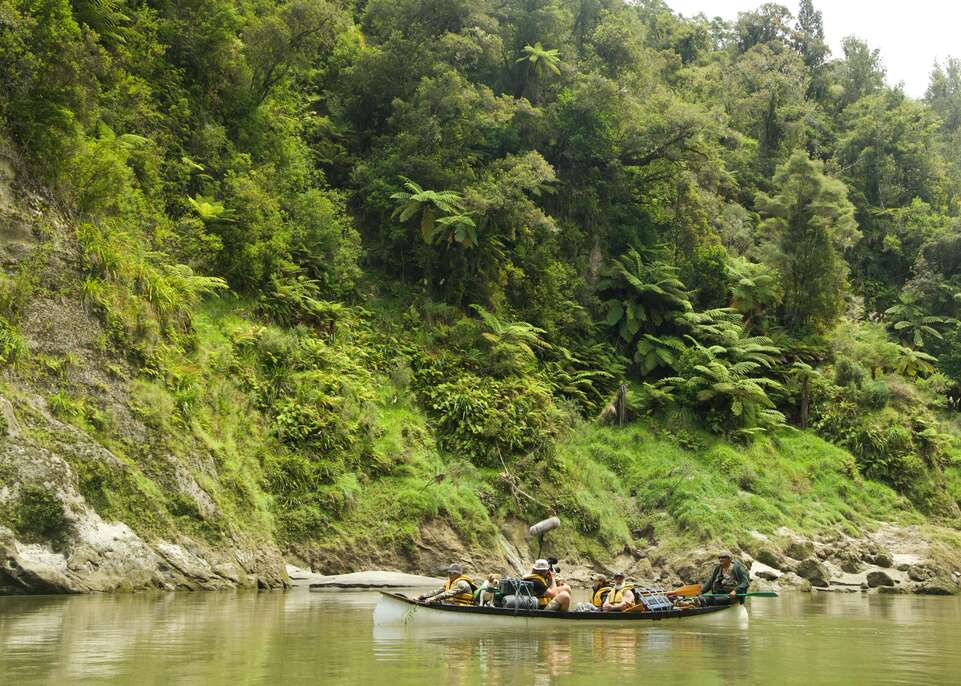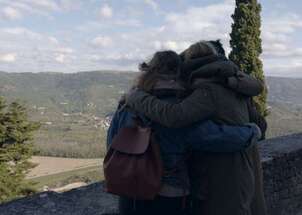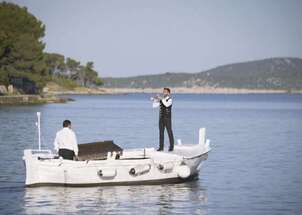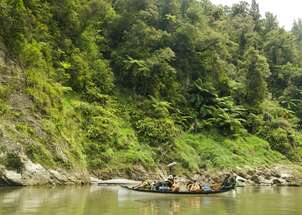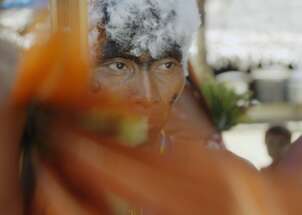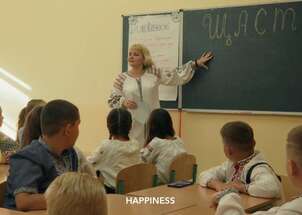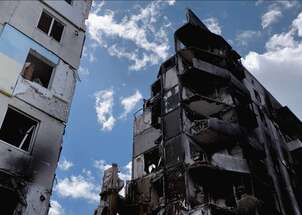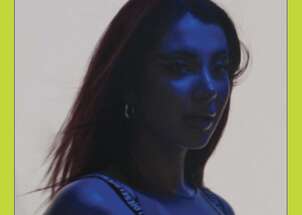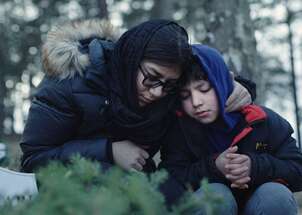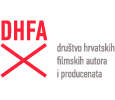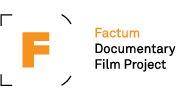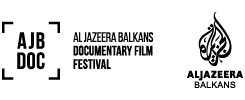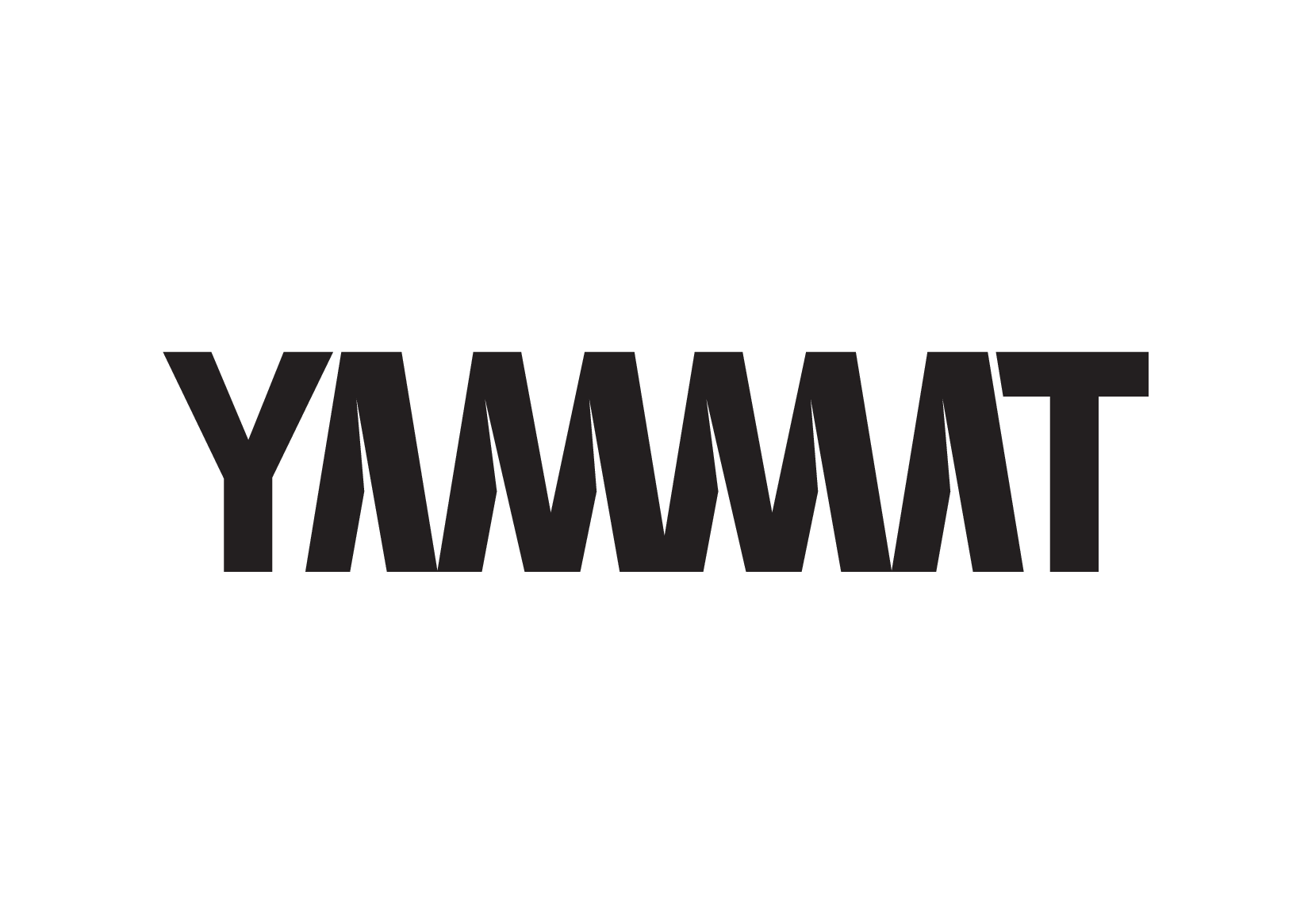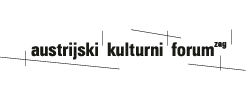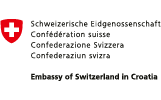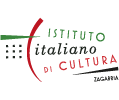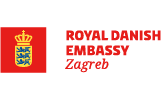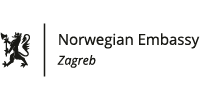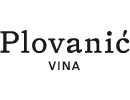New Factumentaries, what is troubling teenagers, is there any salvation for our planet and who are this year's jury members?
25.3.2025.
In almost thirty years of its existence, the most important Croatian independent documentary production company Factum has produced over 90 documentaries, screened at around a hundred festivals and winning a series of international awards. As part of the Factumentaries section, three documentaries produced by Factum will be screened at ZagrebDox.
Director Ivan Ramljak is known for his unique approach to historical themes, and his new film Peacemaker will have its world premiere at ZagrebDox. In 1991, on the outskirts of Tenja, Josip Reihl Kir, the chief of the Osijek Police Department, a man dedicated to negotiations and avoiding war, was assassinated. This film is the story of the last few months of his life at the dawn of the bloody Croatian-Serbian war, which Kir tried with all his might to prevent, told through the statements of witnesses of the time and archival materials from that era. Even today, after more than thirty years, many elements of that assassination remain unexplained, and the possible perpetrators are still unknown. The documentary I’ll Find You, directed by Justina Matov, will also have its world premiere at ZagrebDox. The young filmmaker begins a search for her father, whom she knew for only two months and whom no one has ever talked about, even though he was a famous musician, once the guitarist of the legendary band Parni Valjak. As she tries to fill the void her father left behind, unresolved family problems emerge to the surface, and she learns that she is pregnant. This is a film about a journey, searching, finding, but above all about loves that have been found, as well as those for which it is too late. The film Underground Top of the Charts, by Lidija Špegar, speaks about music in a very specific context, music at funerals, where grief dominates, reaching its peak when we say goodbye to the deceased. Music certainly plays an important role in dealing with grief and it is almost impossible to imagine saying goodbye to loved ones without it. Following musicians across Croatia, the film shows the diversity of funeral rituals, as well as the musical genres that accompany them and which have changed over time, so they can, in a way, compile entire top lists.
Documentaries focusing on ecology play an important role in raising awareness of the importance of preserving nature and fighting climate change. They not only inform the audience about ecological crises, but often also offer solutions and inspiration for action, inviting spectators to become active participants in protecting our planet. The Green Dox section category features four titles. I Am the River, the River is Me, by Petr Lom (Movies that Matter 2024), follows Maori, the Neda Tapu river guardian, and an Australian Aboriginal elder on a five-day canoe journey down the Whanganui River, the first river in the world to be acknowledged as a legal entity, exploring the healing power of nature and advocating for its rights. The innovative, hybrid feature documentary Plastic People (SXSW, Sheffield DocFest, Ji.hlava IDFF, Tallinn Black Nights FF, Bergen IFF, DOXA), directed by Ben Addelman and Ziya Tong, explores our addiction to plastic and the growing threat of microplastics to human health. The French film Responsible – There Is No Business to Be Done on a Broken Planet, by Julien Demond and Tristan Lochon, explores the journey of Yvon Chouinard, the founder of Patagonia, who in the 1970s introduced a business model that put responsibility first, and the global impact he had on the entrepreneurs who followed in his footsteps. Eryk Rocha and Gabriela Carneiro da Cunha are the directors of The Falling Sky (Cannes FF, DOK NYC – Jury Prize in Kaleidoscope section, Doclisboa, DokuFest, Guanajuato IFF – Best International Feature Documentary, Human Rights FF), which introduces us to the indigenous community of Watorikɨ as they take part in a vital burial ritual known as Reahu – a collective effort to sustain the sky. The Teen Dox section, which brings the documentary form closer to younger audience, will screen five titles.
Oleksii Yeroshenko directed the short film Lessons of Happiness, which takes us to a quiet Ukrainian town where teacher Natalia creates a safe haven for her students, worried about her son on the front lines. Her hope is shattered on the first day of class by the harsh reality of war. Another title takes us to Ukraine: Who If Not Us, by Nicole Medvecka, is an intimate documentary that reveals the lives of young Ukrainians raised in the midst of war since the beginning of the Russian occupation in 2014. The relationship between a teenager and a parent is the focus of the Croatian film Project Nika by Tadija Tadić. The protagonists of this film are two ladies, a young influencer and her mother, who is also her manager. The Polish documentary
Silent Trees by director Agnieszka Zwiefka won a special mention at the Krakow FF and was also awarded best documentary award at the Giffoni FF. When her mother dies in a forest on the Polish-Belarusian border, sixteen-year-old Kurdish girl Runa must grow up quickly to care for her four younger brothers and her helpless, depressed father. The film Where the Kids Have No Name, by Dutch director Jamillah van der Hulst, provides a unique look into the world and minds of children living on the streets of Dhaka and the rescue system that social workers employ to get them off the streets. The best film in the Teen Dox category will be decided by a jury composed of students from Zagreb’s 1 st Gymnasium.
The winner of the Big Stamp in International Competition will be decided by Cinehill managing director and director Igor Mirković, Norwegian director Silje Evensmo Jacobsen and Beldocs IDFF director Mara Prohaska Marković, while in Regional Competition, the director of Pula Film Festival Tanja Miličić, Hungarian producer Viki Réka Kiss and Estonian director Vladimir Loginov. Director Lucija Brkić, Polish director Mariusz Rusiński and DOKUDOC festival director in Maribor Maja Malus Azhdari will decide which film is the best film by a young author. The Movies That Matter Award for the film that best promotes human rights will be presented by the artistic director of the Movies That Matter Festival, Margje de Koning, director and activist Arijana Lekić Fridrih, and director David Lušičić. The FIPRESCI Award for the best film from the regional competition program will be presented by members of the International Federation of Film Critics FIPRESCI, Dimitra Bouras, Armando Russi, and Sara Simić.
The ZagrebDox International Documentary Film Festival awaits us at the Kaptol Boutique cinemas from March 30th to April 6th 2025.
ZagrebDox takes place with the support of the City of Zagreb, the Croatian Audiovisual Centre, the Kultura Nova Foundation, the Filmmakers Association of Croatia, and the Zagreb Tourist Board.
All news and information about ZagrebDox are available on the official website zagrebdox.net and on the Festival’s social media.
High resolution photos are available here
Thank you for your support and kind regards.
